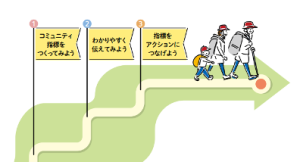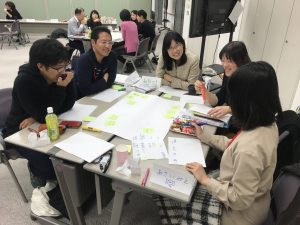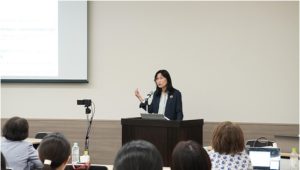SMEs play a major role in the sustainability of the local economy, society and environment. However, due to the severe business environment, proactive efforts to improve sustainability have been a challenge. On the other hand, in the era of SDGs, regional SMEs are expected to contribute to improving the sustainability of local communities by expanding their social responsibility efforts and addressing local issues.
Since FY 2019, the CSO Network has been working to address the gap between the current situation and expectations regarding the sustainability of SMEs by listening to the voices of the people on the ground, to understand the situation and initiatives faced by SMEs in terms of their relationship with local communities and society, and to consider what is necessary and what can be done to bridge the gap. In the case of SMEs, CSR and community contribution activities often arise from the relationship with stakeholders, we conduct surveys and analyses based on the awareness of local ecosystems. Utilizing the results of surveys and analyses, we will work to develop tools to support SMEs that enhance their sustainability.
Our History
In the CSO Network, from FY 2013 to 2015, we have deepened the consideration of sustainable regional development from the perspectives of different local actors, such as local residents as the main actors in community development, and administrative efforts in sustainable public procurement from fiscal 2016 to 2018. With regard to CSR, we have been striving to promote responsible supply chains and sustainable procurement, especially at large companies. These achievements, knowledge, and a wide range of networks will be utilized in this business.
Community-Based Survey of SMEs with Consideration for Sustainability
We conducted surveys with SMEs in Saga Prefecture in July 2019 and the Tama region in Tokyo in October 2019. In addition to the efforts of each company to take sustainability into account in its community-based business, the following pages describe the points that have been identified in the surveys that lead to the sustainability of SMEs and the support that is needed, as well as the linkages between the initiatives of each company and the SDGs.
CSO Network will continue to analyze survey results, conduct surveys in other regions and urban areas, and conduct stakeholder surveys of each company.
Community-based SMEs
– Saga Prefecture –
- Case Study #1
Tokunaga Porcelain Co., Ltd.
“Bringing people together through “Glocal” production to build the future” 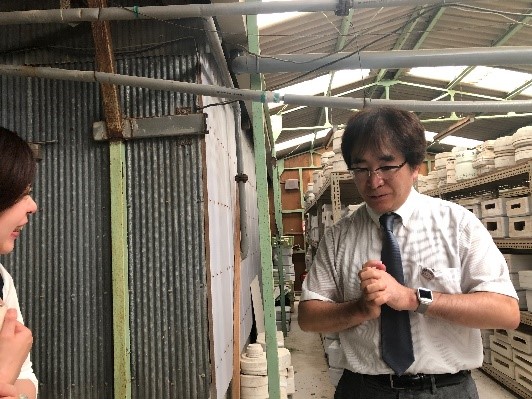
- Case Study #2
Imari Green Farm Corporation
“Aiming for sustainable agricultural management together with local community” 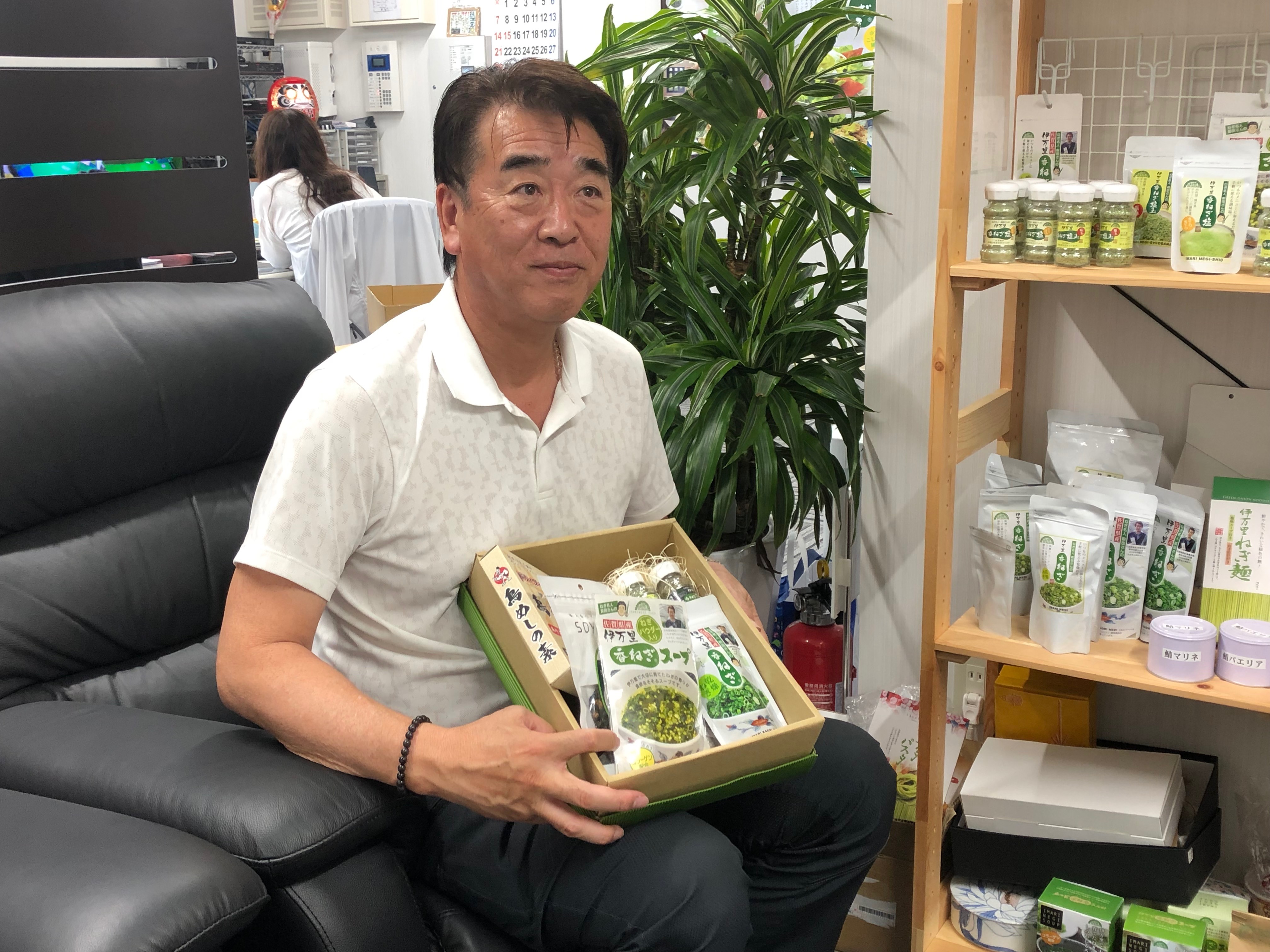
- Case Study #3
Oshima-Gumi Co., Ltd.
“Nurturing young people and playing a role in the local construction industry in the region” 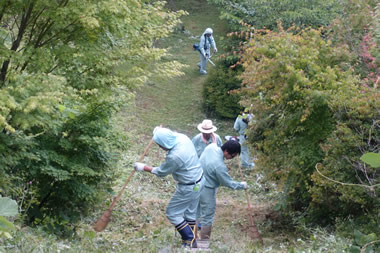
- Case Study #4
Tanida Construction Co., Ltd.
“Creating a valuable future for the benefit of society as a community-based company” 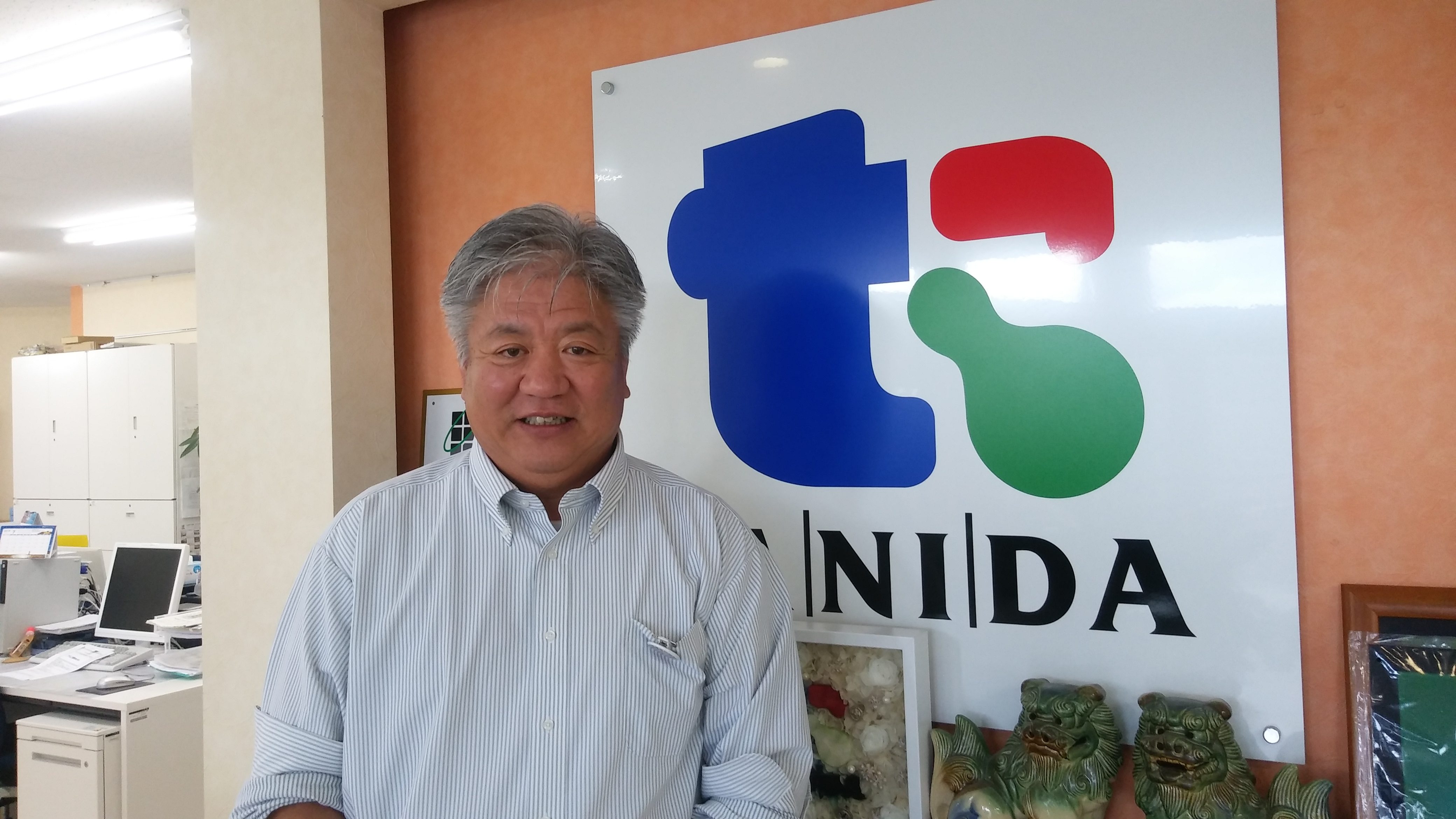
- Case Study #5
KMTec Co., Ltd.
“Considering what can be done for our children and continuing to take on challenges” 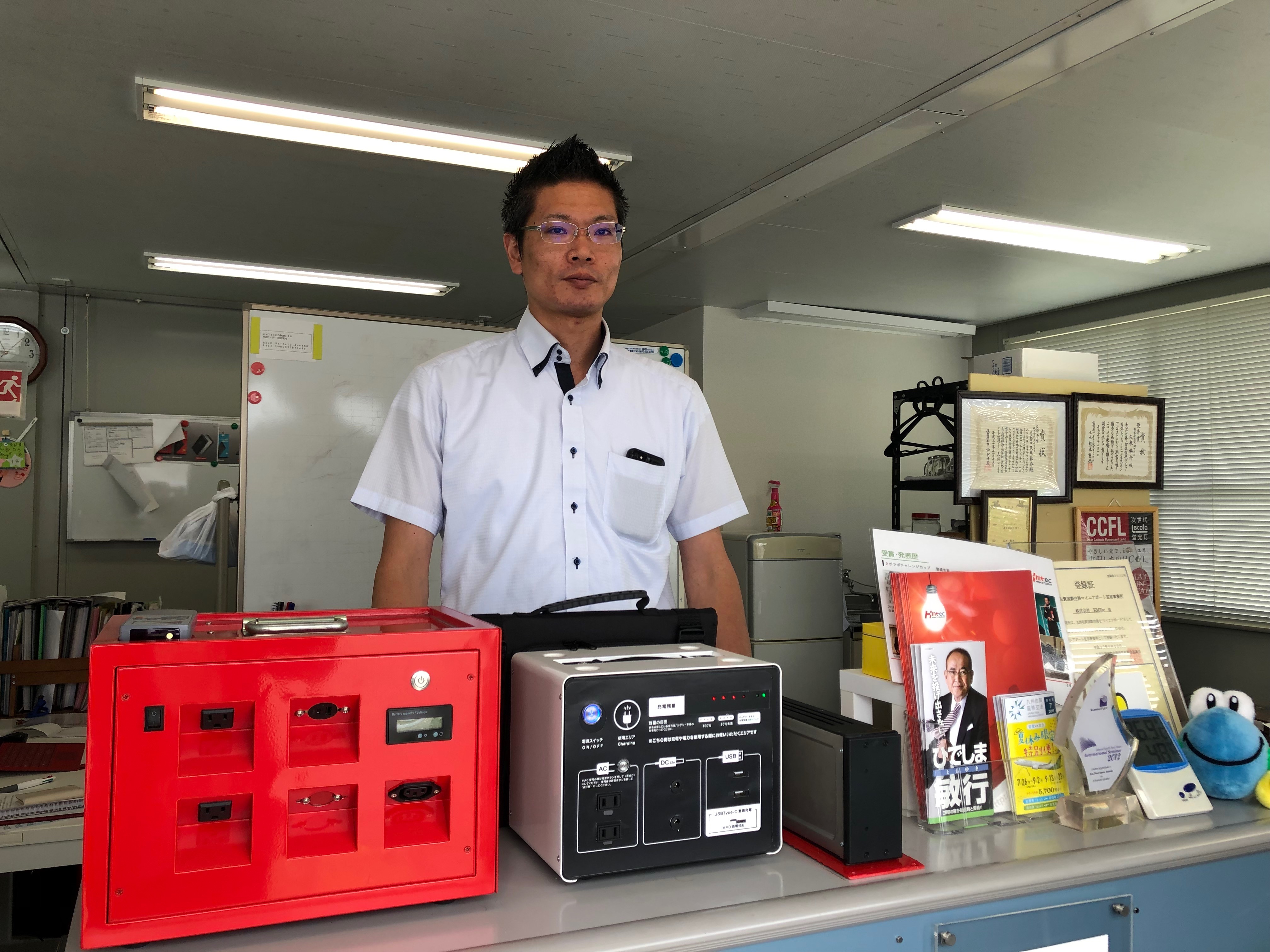
- Case Study #6
Oshima Industry Co., Ltd.
“Together with the forest and the people for the future” 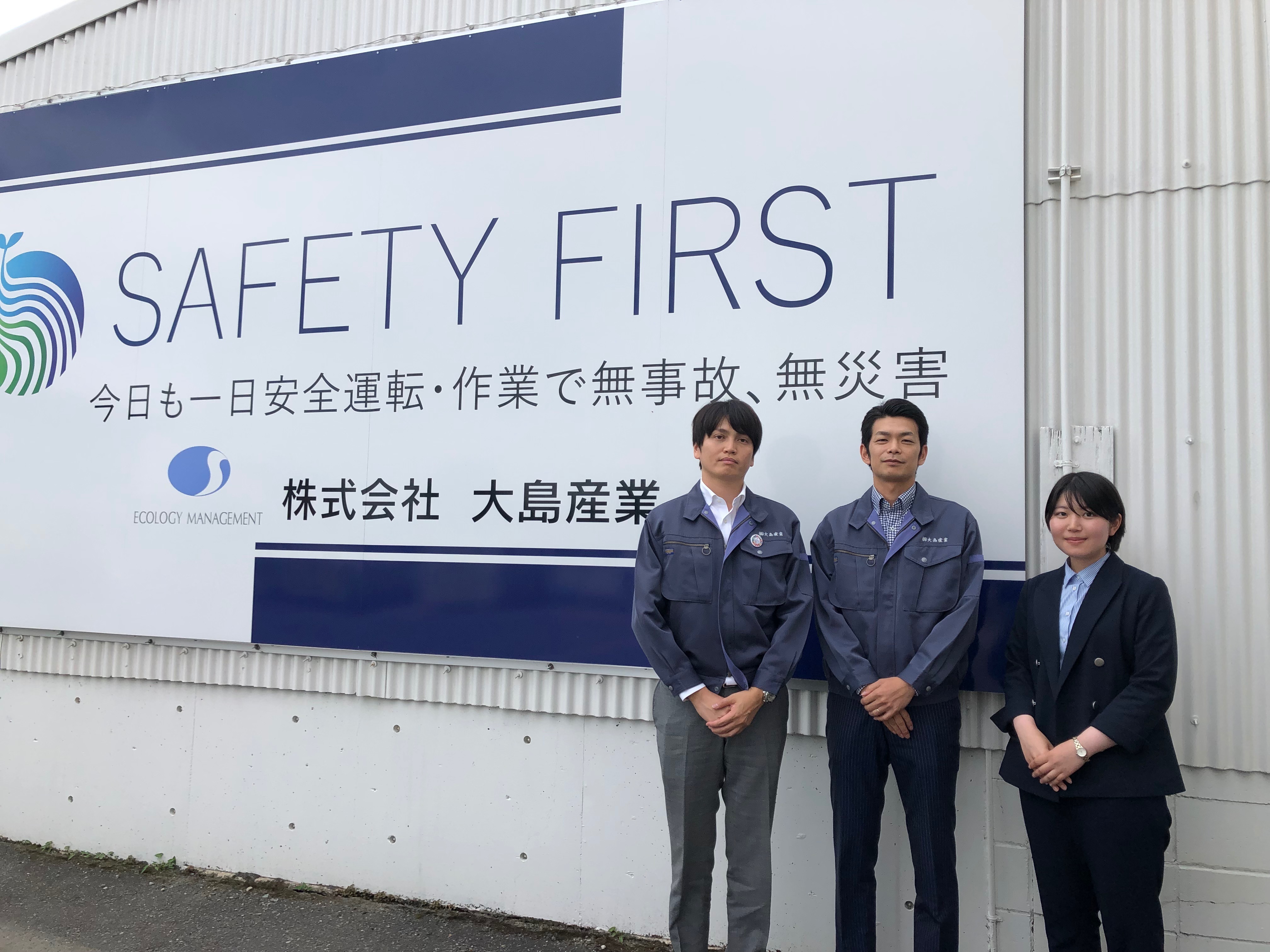
- Case Study #7
Torikai Corporation
“With the mission of “Creating a recycling-oriented town and revitalizing the local community” 
– Tama Region in Tokyo –
- Case Study #8
K & AI Corporation
“We want to make everyone involved to enjoy happiness” 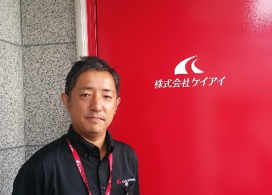
- Case Study #9
Emalico Kunitachi Co., Ltd.
“Hoping to connect local agriculture to the next generation to support enjoyable dining table” 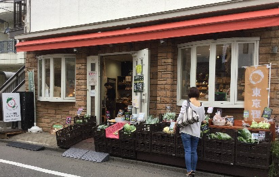
- Case Study #10
Maeda Metal Co., Ltd.
“Prioritizing safety, consideration for the environment, and relationships of trust with local communities and employees” 
Handbook
“Sustainable Management: Solving Challenges First”

With the aim to promote sustainable (sustainability) management required of companies, this handbook is structured in such a way that it focuses on the current common challenges faced by SMEs and looks at the environmental, social and local issues that underlie them. We believe that this approach will be useful not only for small and medium-sized enterprises (SMEs), but also for any organization that has a variety of challenges and is looking for solutions.
The contents and perspectives of the efforts to resolve the issues in this handbook are based on the CSO Network’s efforts to realize a sustainable society, including the promotion of sustainable business such as training for companies, participation in committees, and provision of programs, as well as based on the results of activities carried out with local governments and residents to create a rich sustainable community. We hope that this handbook will promote sustainable corporate management and promote initiatives for a sustainable society.
(Click here for details on this handbook (Japanese only))
The handbook covers and explains three issues (retention of human resources, securing of human resources, and procurement standards from suppliers).
This page introduces one of them, the case of retention of human resources.

Issue:
Retention of human resources
At Company A, a high turnover rate has become an issue, and there has been no end to the number of female employees leaving the company due to changes in their life stages

Problem (1)
It is difficult for women to work after marriage or childbirth and they leave the company
Problem (2)
Recruitment and training costs are rising as people leave the company
Problem (3)
Deterioration of the atmosphere because of the change of people, which puts a strain on the people who have been there before and leaves no room for them
The road to resolving the issue:
The case of retaining human resources
Company A was facing challenges in retaining human resources, but as a result of the reforms implemented to resolve the issues, employee motivation improved and the company succeeded in preventing an outflow of human resources, resulting in increased business performance.
Step 1
In-house survey
Collecting the real feedback of each employee revealed:
● Bad organizational culture
● A problem in sharing tasks
● Have child-rearing or caregiving responsibilities
● It was found that there is no system in place to support people.
<Key Point>
Revitalization of internal communication
By reflecting diverse opinions and respecting each employee, the company has been transformed into a company where employees can work with enthusiasm.
Step 2
Appointment and delegation of the person in charge
In order to solve the problems identified in step 1, we appointed people in charge and gave them discretionary power and authority to find solutions.
<Key Point>
Delegation of authority
By trusting employees and empowering them, we have seen an increase in initiative, motivation, responsibility and a sense of belonging.
Step 3
Implementation of work style reforms
Under the direction of person in charge, we started internal reforms.
For example:
● Coming to work with children
● Introduction of shorter working hours
● Introduction of care leave
<Key Point>
Transforming into a company that takes advantage
of the special qualities of employees
We have become a company that makes full use of the characteristics of our employees, such as being able to continue working even if their life stage changes, and being able to continue working in good health without difficulty.

What changed?
I have a work-friendly environment and have returned from maternity leave!
Recently, the number of people who quit has decreased, and I think that work can be performed smoothly. The number of people who work for a long time has increased, and I feel they are trusted by business partners.
Sustainable management is an economic activity based on the sustainability of the environment and society, which is the basis for the existence and survival of companies and people.

In particular, the aim is
● To take care of the earth’s limited resources and carry out economic activities together with rich nature
● To carry out economic activities that enrich people’s lives while respecting each individual
● To conduct fair economic activities
‘”Business and Human Rights”: A Case Study
- Aiming for a society where individuals are respected -’
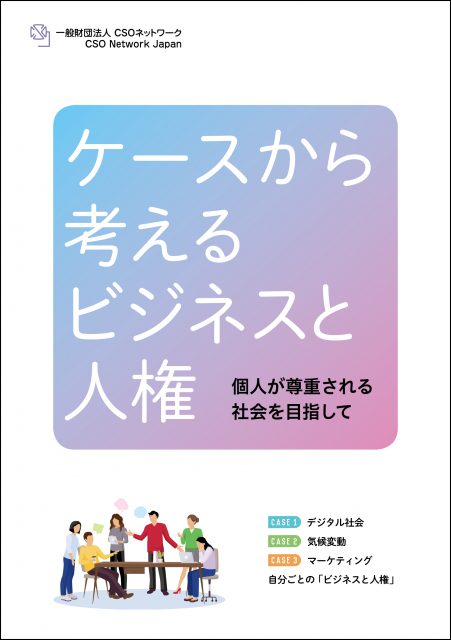
The Japanese Government’s National Action Plan on Business and Human Rights was published on October 2020. There are growing concerns around the world about the impact of business on human rights, including discrimination on the basis of race, gender and other factors, the impact of climate change on vulnerable populations, and concerns about privacy breaches as economic activity becomes digitalized and the environment surrounding businesses and individuals changes. In Japan, an increasing number of companies are committed to working toward the SDGs (Sustainable Development Goals), but their understanding of human rights, the core of the SDGs, is still limited.
The CSO Network created this handbook in the hope of promoting the creation of a sustainable society in which individuals are respected. Based on the three cases that are currently drawing attention in “Business and Human Rights”, the Handbook provides navigation to recognize “problems”, to “talk” with people who are the main actors of human rights and to “solve” problems broadly.
Column
CSO Network publishes columns on the themes of SDGs and human rights on an irregular basis.
Japanese column
Please refer to this page
English column
・A Brief Introduction to Business and Human Rights
Part 1:What Businesses Must Value
・”SDGs and Human Rights: About the Perspective of Wanting to Improve SMEs and Regional Society’s Sustainability”
Part 1
Part 2
Report
・Course Report
SDGs Implementation Seminar:Acquiring Know-How on Turning SDGs into Business Management Strategies
This report summarizes the course content of the Academic Year 2020 Yokohama City University Extension Course “SDGs Implementation Seminar: Acquiring Know-How on Turning SDGs into Business Management Strategies,” hosted by the Yokohama City University Contributions to Society Center. The report focuses on the worksheets provided for course participants and the process of filling them out.
Click here for details of the report
This project is being implemented with the support of the Environmental Restoration and Conservation Agencys Japan Fund of Global Environment.









